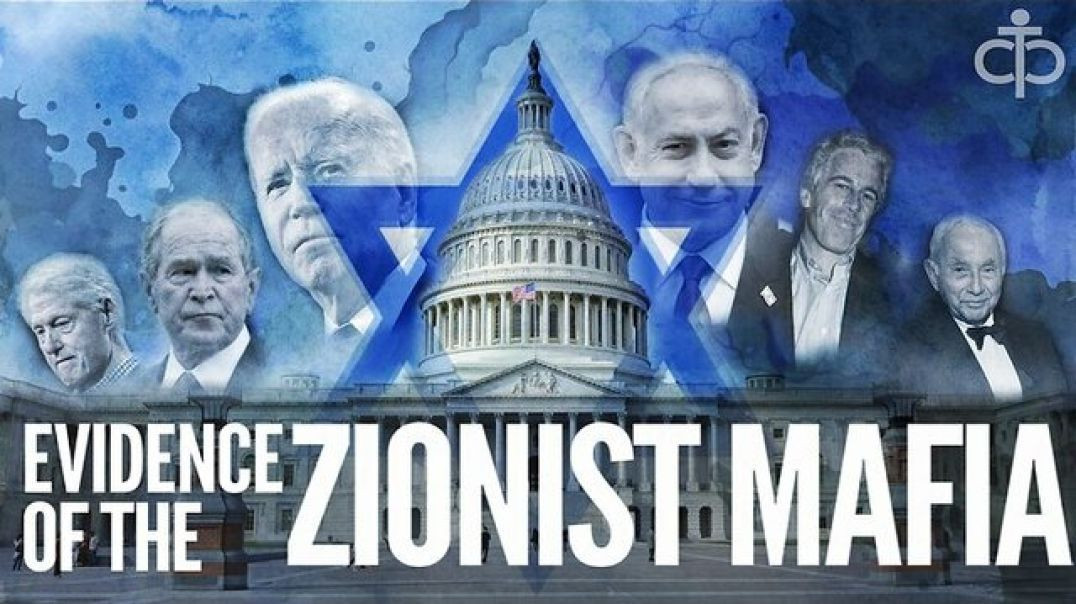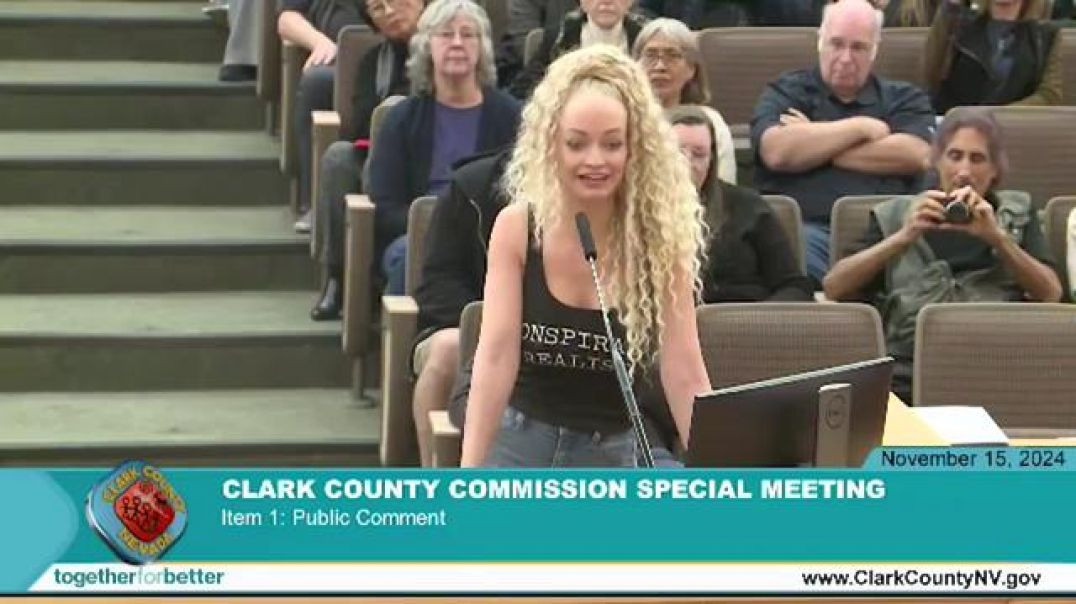Live streaming on Altcast.TV is now available!
OUR ELECTION INFRASTRUCTURE IS BEING HELD HOSTAGE ☭ BY THE (((HOMOSEXUAL BANKING MAFIA)))
Ian Carroll - If you want to know what a presidential campaign stands for, Investigate what the money backing them stands for. Here’s my first foray into that investigation of @RobertKennedyJr and @NicoleShanahan Just my opinion and experience- take it or leave it.
Source: https://x.com/Cancelcloco/stat....us/17944752126685762
Thumbnail: https://wamu.org/story/24/04/1....5/we-the-voters-the-
https://www.fec.gov/help-candi....dates-and-committees
Under the Internal Revenue Code, qualified presidential candidates may opt to receive money from the Presidential Election Campaign Fund, which is a fund on the books of the U.S. Treasury.
The FEC administers the public funding program by determining which candidates are eligible to receive the funds. The Secretary of the Treasury makes the payments.
Committees receiving public funds must agree to comply with spending limits and to keep detailed records of their financial activities. After the elections, the FEC audits each publicly funded committee. If an audit reveals that a committee has exceeded the spending limits or used public funds for impermissible purposes, the committee must pay back an appropriate amount to the U.S. Treasury.
For general information on public funding, please visit our public funding information page.
Public funding of presidential primary candidates
Eligible candidates in the presidential primaries may receive public funds to match the private contributions they raise. While a candidate may raise money from many different sources, only contributions from individuals are matchable; contributions from PACs and party committees are not. To participate in the primary matching fund program, a presidential candidate must demonstrate broad-based support by raising more than $5,000 in matchable contributions in each of 20 different states. Candidates must agree to use public funds only for campaign expenses, and they must comply with spending limits.
Establishing eligibility to receive presidential primary matching fund payments
Using presidential primary matching funds and paying for qualified campaign expenses
Complying with primary spending limits
Public funding of general election candidates
Major party nominees are eligible for a general election grant. The basic $20 million grant is adjusted for inflation each presidential election year. By 2008 (the last year a major party candidate chose to accept a general election grant), that amount had grown to $84.1 million. (The general election grant for 2024 is $123.5 million.)
Nominees who accept the funds must agree not to raise private contributions (from individuals, PACs or party committees), apart from certain exceptions, and to limit their campaign expenditures to the amount of public funds they receive. They may use the funds only for campaign expenses.
A minor or new party presidential candidate may qualify for some public funds after the general election if that candidate receives at least five percent of the popular vote.
Receiving a public funding grant for the general election
Using the general election public funds grant and paying for qualified campaign expenses
Raising funds for legal and accounting expenses (GELAC fund)
Additional information for all publicly funded candidates
These pages contain additional information pertinent to all presidential campaigns seeking public funding.
Public funding and vice presidential candidates
Providing transportation and services to media, Secret Service and national security staff
Additional recordkeeping for publicly funded candidates
Complying with audit and repayment requirements
Debts owed by publicly funded candidates
Winding down publicly funded presidential candidate committees
All of that only applies to a high trust society, which is exactly what we do NOT have at present



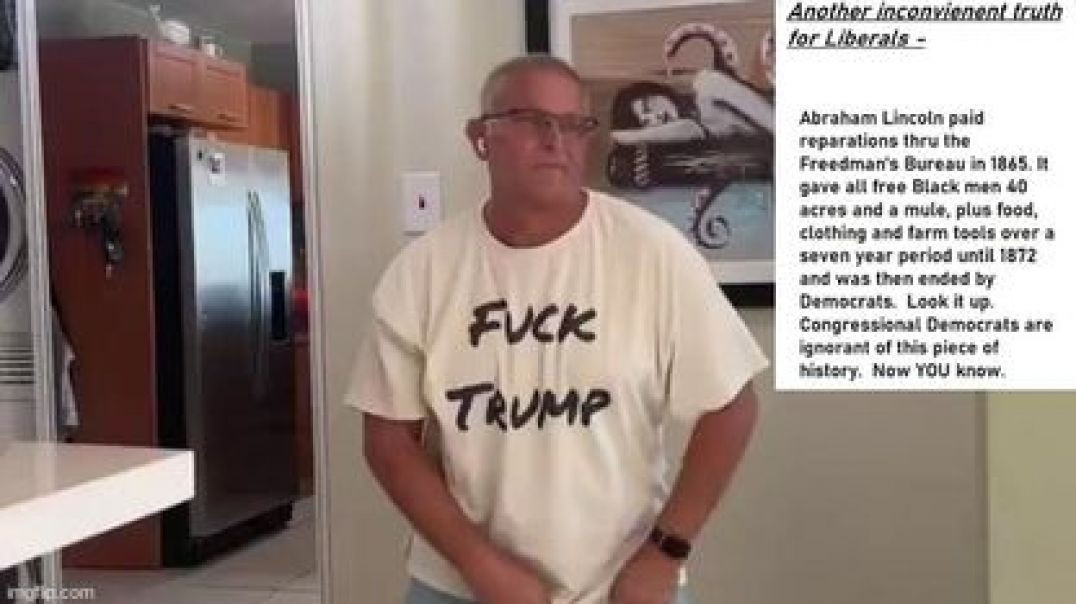
![KHAZARIAN MAFIA ₪ THE GOD EATERS [PART 2 of 2]](https://s3.us-central-1.wasabisys.com/altcast1/upload/photos/2025/04/KHOizmN8ktDBqELaBNum_27_b4c40eda558077bab3b87a93944cc956_image.jpg)
![KHAZARIAN MAFIA ₪ THE GOD EATERS [PART 1 of 2]](https://s3.us-central-1.wasabisys.com/altcast1/upload/photos/2025/04/hrh5RaamLq1AHPmCU3Xt_27_3c80a6daa2c28c966e537b521ca2bd74_image.jpg)
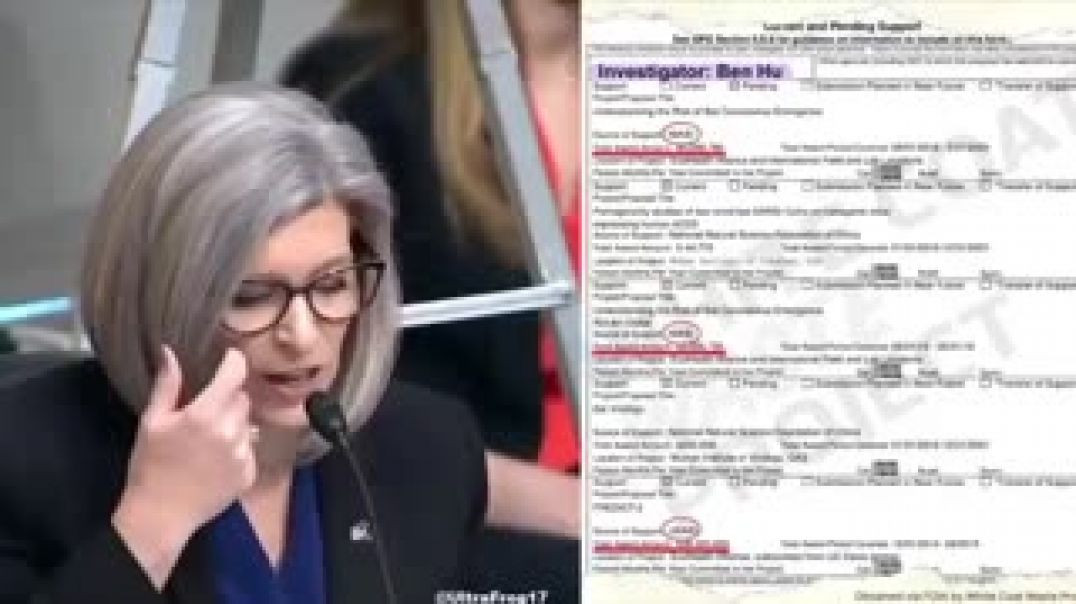
![LINDSEY GRAHAM IS A HOMOSEXUAL ⚢ PROBABLY BLACKMAILED BY ISRAEL [RED ICE TV]](https://s3.us-central-1.wasabisys.com/altcast1/upload/photos/2025/03/AjYS318pk4s9ezVdRsB4_10_6a222c5cd44542fe0b6b414fbe567d82_image.jpg)

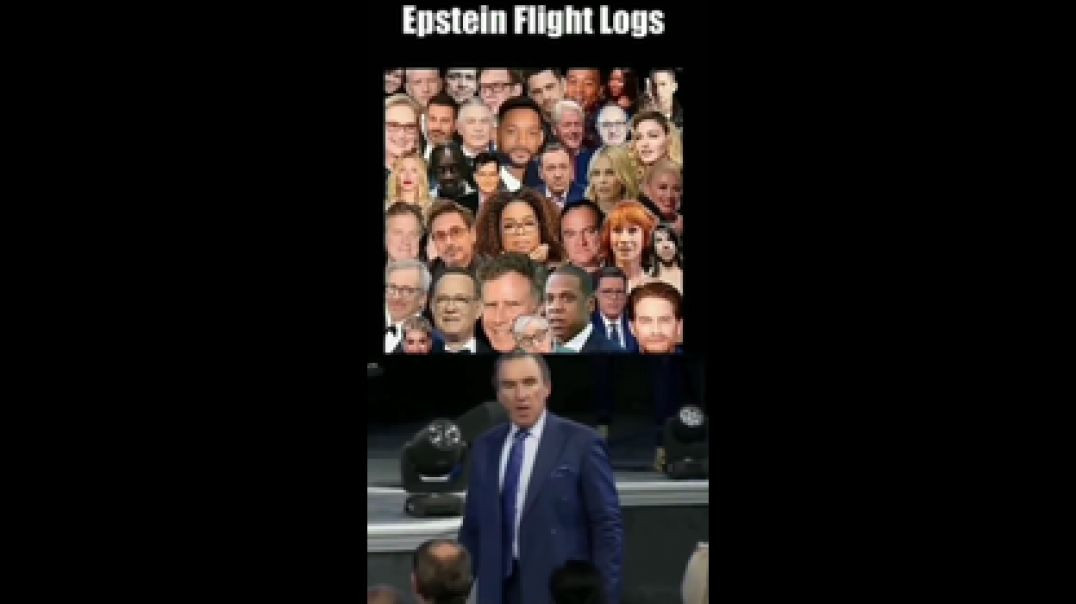
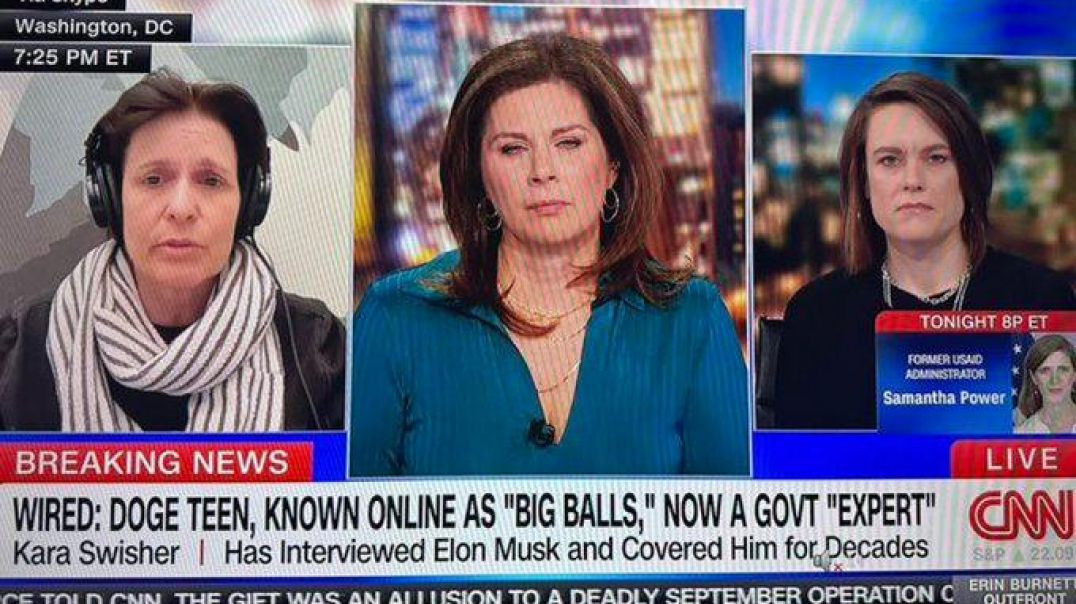


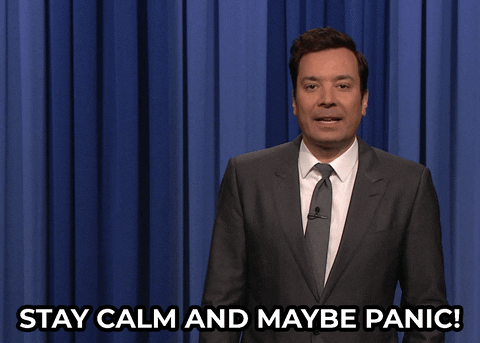
![ELECTION MELTDOWNS 🎸 GO METAL❗ [PART 2]](https://s3.us-central-1.wasabisys.com/altcast1/upload/photos/2025/01/2CfTYy8wRpDXSwNR6MYR_02_132050a8e794b75f0b937cdc44e1af74_image.jpg)

